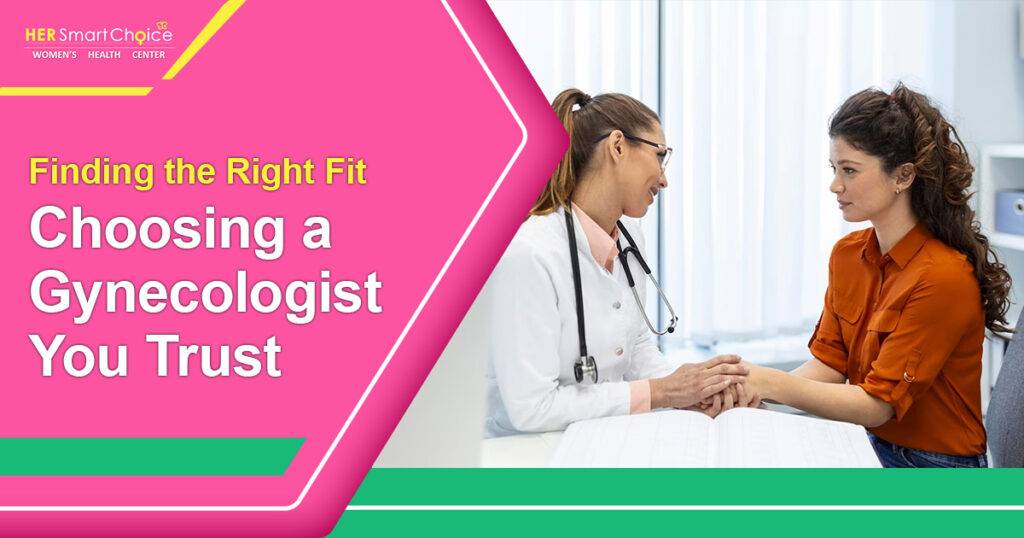Understanding Your Options: A Guide to Abortion Services in Anaheim
Facing an unplanned pregnancy can be a stressful and overwhelming experience. You may have many questions and concerns, and it’s essential to have access to accurate information and resources. If you’re considering abortion services in Anaheim, this guide can help you navigate your options and make informed decisions.
What is Abortion?
An abortion is the termination of a pregnancy. It can be performed either medically, using medication, or surgically, by removing the pregnancy tissue from the uterus. Both methods are safe and effective when performed by an expert.
Types of Abortion Services in Anaheim
The type of abortion service that’s right for you will depend on several factors, including how far along you are in your pregnancy and your personal preferences. Here’s an overview of the two main types of abortion services offered at clinics in Anaheim:
- Medication Abortion: This non-surgical option involves taking two medications over a short period. The first medication blocks the pregnancy hormone progesterone, and the second medication causes the uterus to cramp and expel the pregnancy tissue. Medication abortion is typically effective up to 10 weeks of pregnancy.
- Surgical Abortion: This procedure is performed by a doctor in a clinic setting. There are different surgical abortion techniques used depending on how far along you are in your pregnancy. Generally, these procedures involve dilating the cervix and removing the pregnancy tissue using gentle suction or surgical instruments. Surgical abortion is highly effective and can be performed throughout pregnancy.
What to Expect During an Abortion Procedure
Consultation: Before any procedure, you will have a consultation with a healthcare provider at the clinic. This is an opportunity to discuss your options, ask questions, and get a medical evaluation to ensure abortion is a safe choice for you.
Medication Abortion: If you choose medication abortion, the clinic will provide you with the first medication to take on-site. You will take the second medication at home, typically 24-48 hours later. You may experience cramping and bleeding similar to a heavy period. The clinic will provide follow-up instructions to ensure complete abortion and monitor your health.
Surgical Abortion: For a surgical abortion, you will arrive at the clinic on the day of the procedure. The clinic staff will explain the process and answer any questions you may have. You will likely be given medication to help you relax and ease any discomfort. The procedure itself typically takes 15-30 minutes. After the procedure, you will be monitored for a short period before being released to recover at home.
Recovery After an Abortion
Recovery after an abortion varies depending on the type of procedure. Following a medication abortion, you may experience cramping and bleeding for several days. With a surgical abortion, you may experience some cramping and vaginal discharge for a few days. The clinic will provide you with specific instructions on caring for yourself after the procedure, including pain management and recognizing any signs of complications.
Important Considerations
- Legality: Abortion is legal in California, including Anaheim.
- Cost: The cost of abortion services can vary depending on the type of procedure, the clinic, and your insurance coverage. Many clinics offer financial assistance programs or can help you connect with resources to help cover the cost.
- Parental Consent: California law does not require parental consent for abortion services.
- Emotional Support: An unplanned pregnancy can be emotionally challenging. Consider talking to a trusted friend, family member, therapist, or counselor for support.
Finding an Abortion Clinic in Anaheim
 There are several reputable clinics in Anaheim that offer abortion services. You can find a clinic by searching online or calling organizations like Planned Parenthood or the National Network of Abortion Funds. Here are some additional tips for choosing a clinic:
There are several reputable clinics in Anaheim that offer abortion services. You can find a clinic by searching online or calling organizations like Planned Parenthood or the National Network of Abortion Funds. Here are some additional tips for choosing a clinic:- Look for accreditation: Choose a clinic that is accredited by a reputable organization, such as the Accreditation Association for Ambulatory Health Care (AAAHC).
- Consider the clinic’s experience: Inquire about the experience level of the healthcare providers who perform abortions at the clinic.
- Read patient reviews: Online reviews can provide valuable insights into other patients’ experiences at the clinic.
- Ask about payment options: Discuss the clinic’s payment options and any financial assistance programs they offer.
Conclusion
Making decisions about your reproductive health can be empowering. If you’re considering abortion clinic in Anaheim, know that you have options and resources available. The information in this guide is a starting point to help you navigate this experience with confidence. Remember, you are not alone. Clinics in Anaheim are staffed with qualified healthcare providers who can guide you through the process and ensure your safety and well-being.


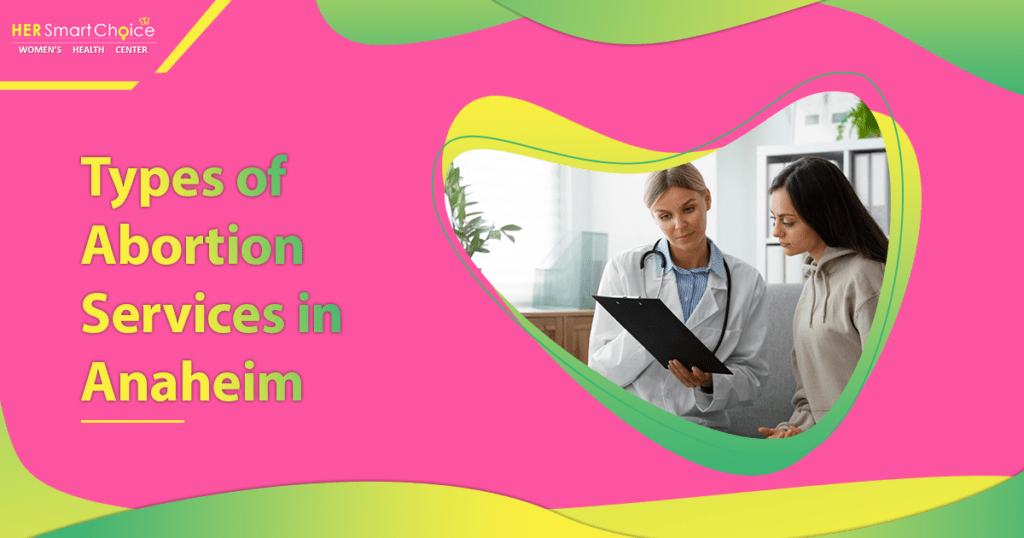
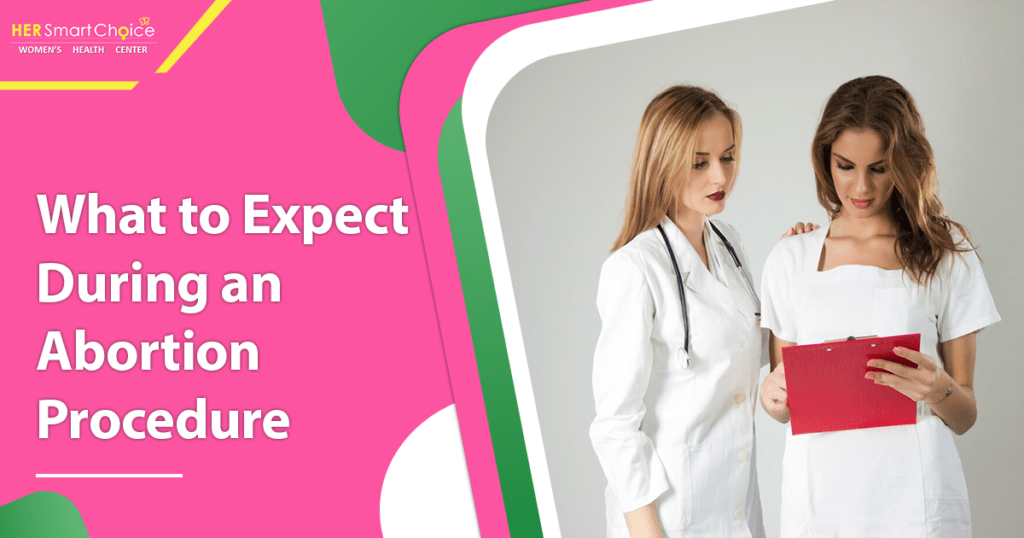




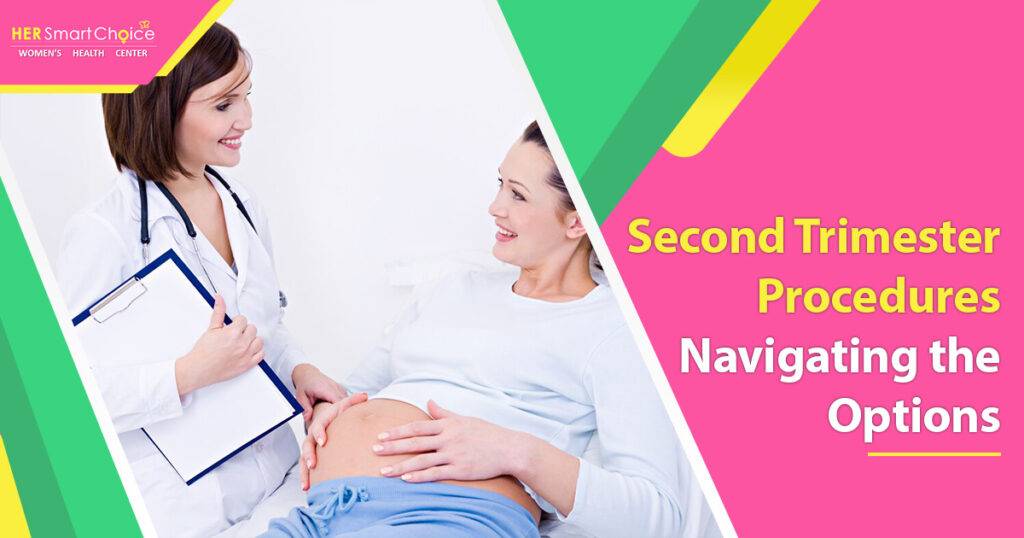






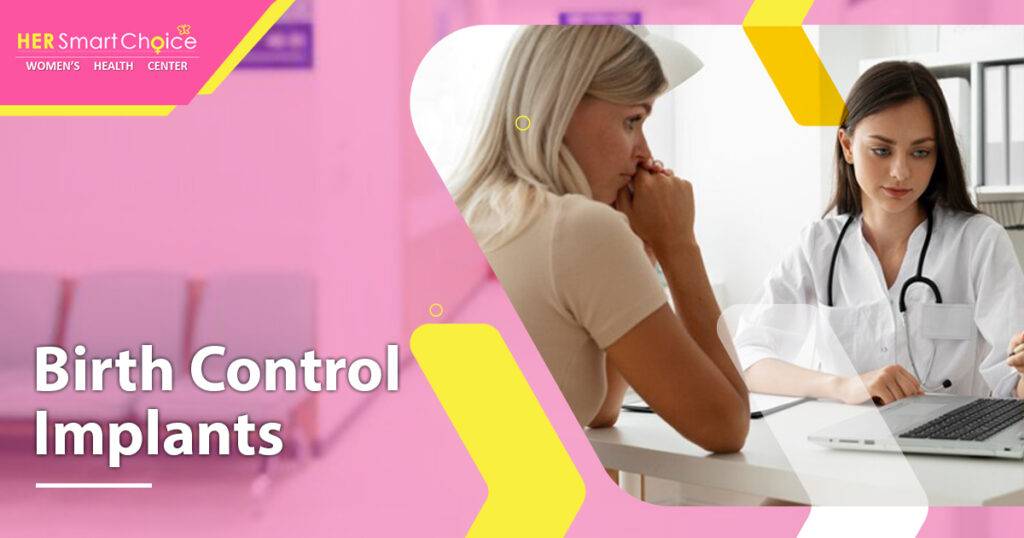
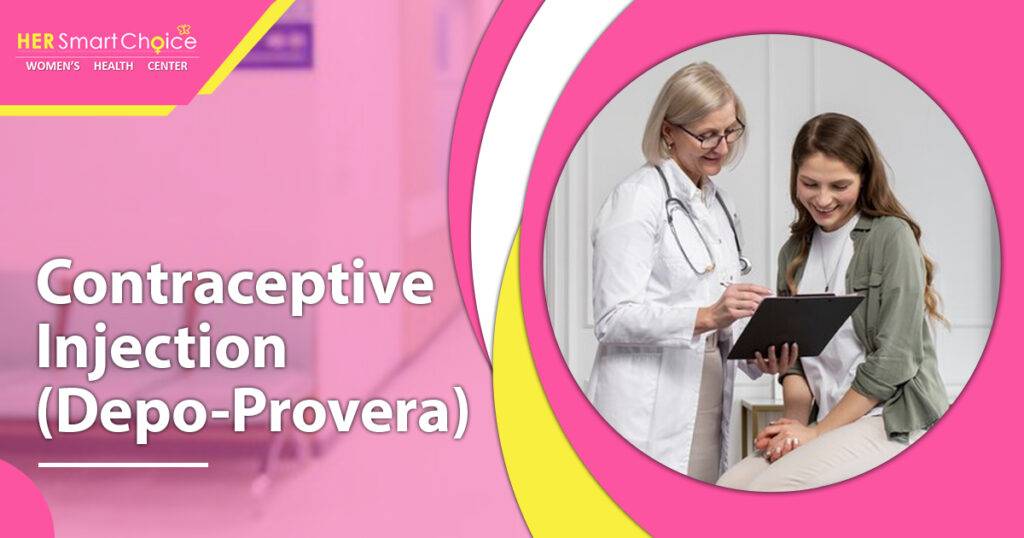

 Initiating discussions about reproductive health might seem daunting, but remember, every journey begins with a single step. Here are some tips to get you started:
Initiating discussions about reproductive health might seem daunting, but remember, every journey begins with a single step. Here are some tips to get you started:


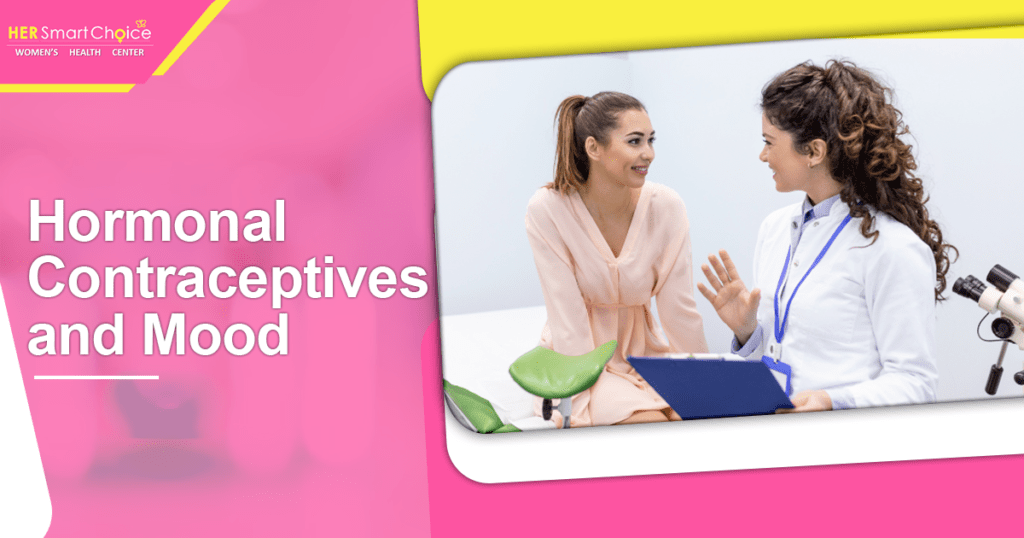

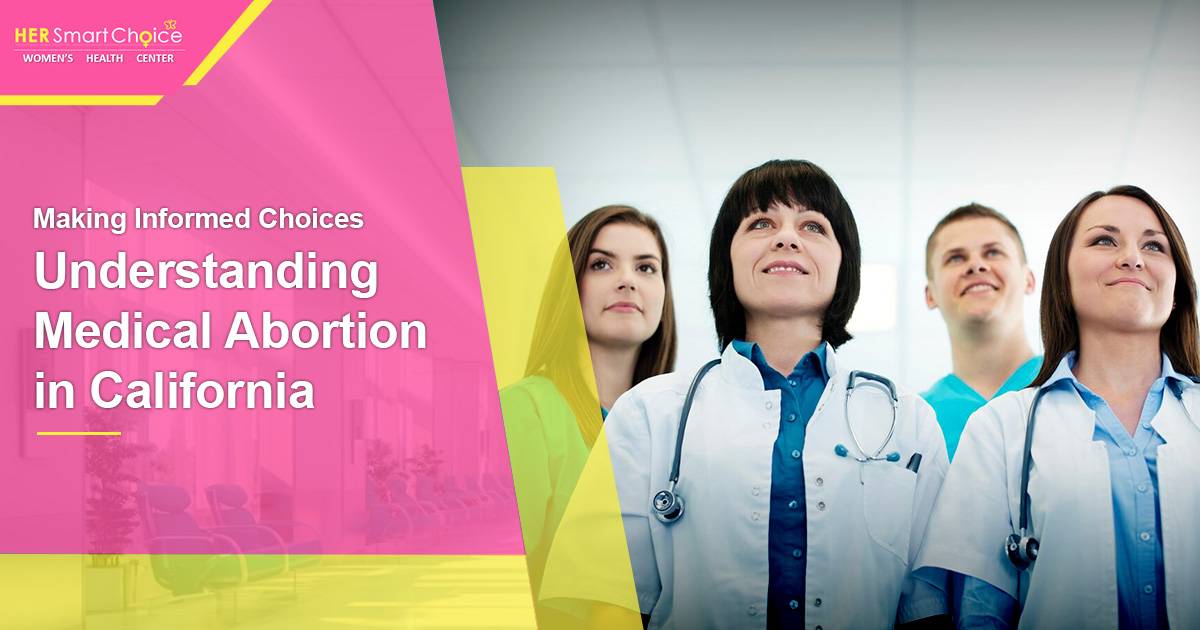
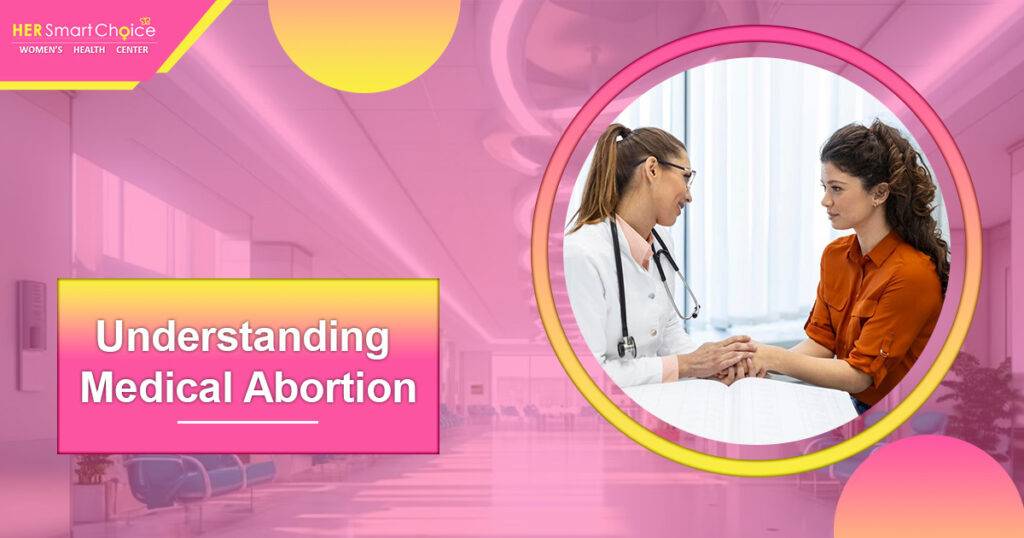



 After an abortion, your body begins the process of returning to its pre-pregnant state. The timeframe for this varies depending on the type of abortion (medical or surgical) and your individual health. Here’s a general overview:
After an abortion, your body begins the process of returning to its pre-pregnant state. The timeframe for this varies depending on the type of abortion (medical or surgical) and your individual health. Here’s a general overview:


 Whether you’re a teenager experiencing your first period or a mature woman facing menopause, your first gynecologist visit can be filled with nerves and uncertainties. This is completely normal! Remember, gynecologists are dedicated to your well-being and understand the anxieties surrounding these visits.
Whether you’re a teenager experiencing your first period or a mature woman facing menopause, your first gynecologist visit can be filled with nerves and uncertainties. This is completely normal! Remember, gynecologists are dedicated to your well-being and understand the anxieties surrounding these visits. During your first visit, your gynecologist will likely:
During your first visit, your gynecologist will likely:
